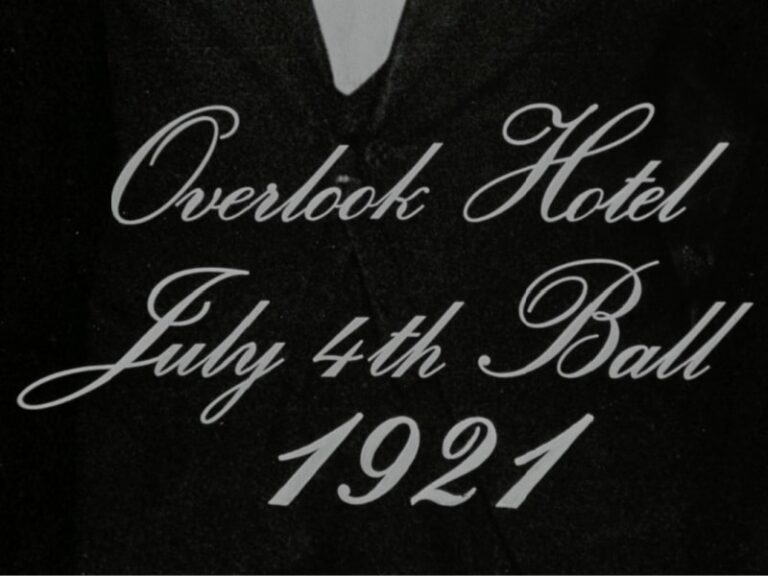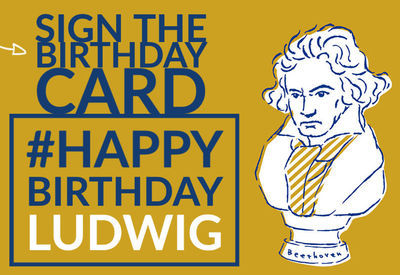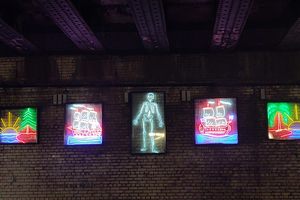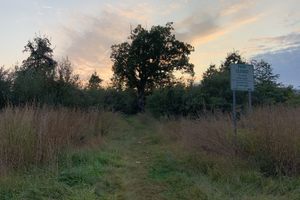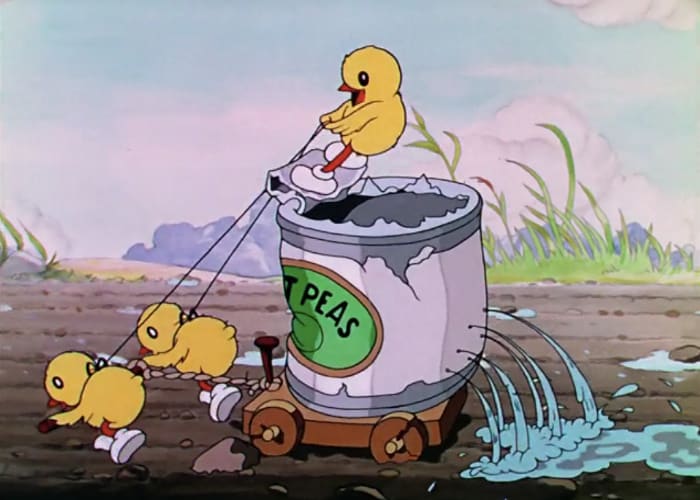The White Post in White Post, Virginia
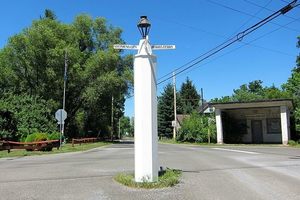
The tiny, rural village of White Post, Virginia, is named after the directional signpost standing in its center at Berry’s Ferry and White Post Roads. The octagonal wooden post is 11-feet tall and 64-inches in circumference. A small lantern sits on top. Radiating immediately below the lantern are four wooden directional markers inscribed with black paint local destinations that include Battletown, Berry’s Ferry, Greenway Court, and Stephens City.
Historical records show that the post was erected in 1750 by a young Virginia surveyor and veteran of the French and Indian War, Colonel George Washington. It was placed to mark the route on the Old Dutch Wagon Road to nearby Greenway Court, the estate of Thomas Fairfax, sixth Lord Fairfax of Cameron. Washington also used the post as a surveying marker. Before the American Revolution, he was the aristocrat’s friend and protege. Washington also surveyed much of Fairfax’s vast land holdings between the Chesapeake Bay and Shenandoah Valley. A bronze marker affixed to the post also credits Washington with its placement.
The exterior of the hollow, eight-sided post is composed of poplar wood coated with white paint. True to the original, the inside holds a post of locust wood from Washington’s home, Mount Vernon, in Alexandria, Virginia. When necessary, a locust tree is harvested from Mount Vernon to replace the inner Post. The only “modern” modification permitted was the electrification of the lantern.
Because of its precarious, unprotected placement at the intersection of two roads, the White Post has been the unwitting victim of numerous vehicular accidents resulting in damage or near-destruction over the last 270-plus years. Its status as a landmark on the National Register of Historic Places calls for the post to be reconstructed each time precisely as it was.
Likewise, relocating the White Post out of harm’s was never an option, and there is not enough room to place a protective barrier around the structure. The Virginia Department of Transportation stands ready to repair or replace the landmark whenever necessary.
Also, sharing the historic intersection is a wonderfully reconstructed Sinclair Gas Station restored by the White Post VA Village Association. Constructed during the 1920s, the association has restored the station to its original appearance. The building’s exterior was refaced with a bottle dash stucco design, which features bits of broken, colored glass mixed into the surface. The station also features reproductions of the two original Sinclair gasoline pumps.
